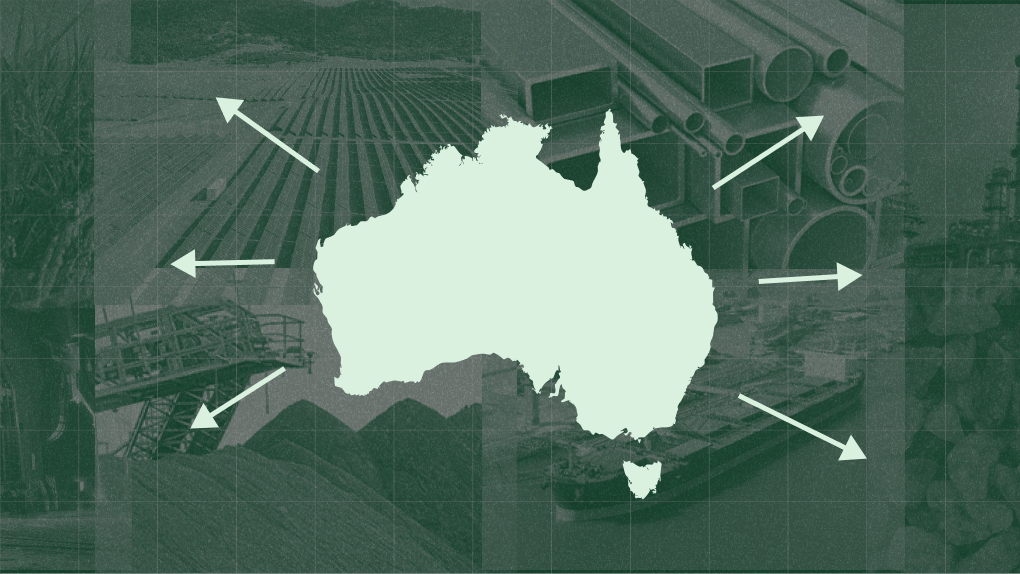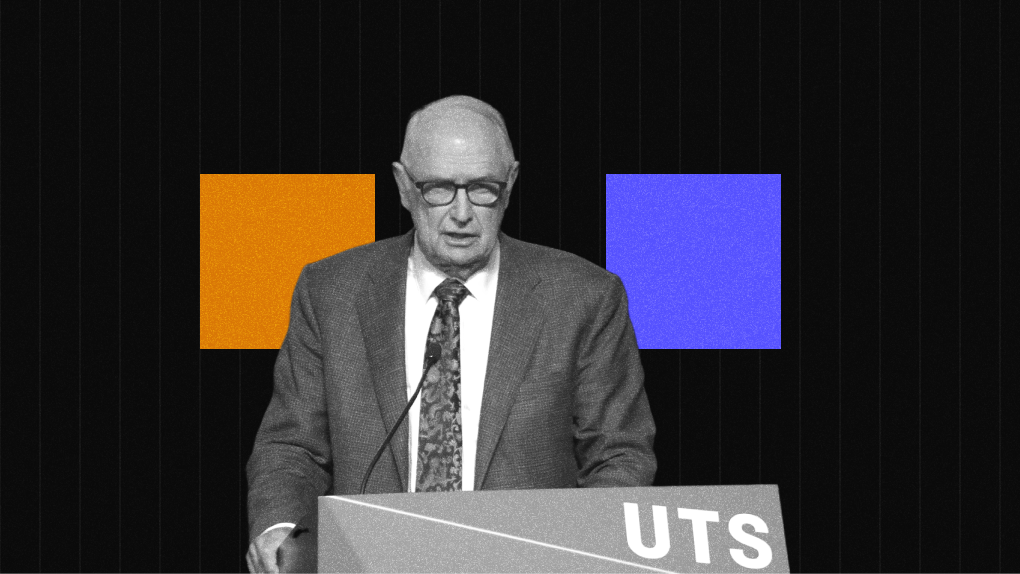Australia’s goal to become a renewable energy superpower has been dismissed as based on slogans and lacking analytical content (Judith Sloan, The Australian, 3 December 2024). This misunderstands Australia’s opportunity.
It is first worth clarifying what the superpower opportunity is because, to be fair to the critics, there has been much confusion. Australia is extremely well positioned with a combination of abundant high-quality renewable energy resources, a huge land mass, political stability and an endowment of substantial deposits of iron ore, bauxite and the like. Judith Sloan is correct that while it is easy to export fossil fuels it is difficult and extremely expensive to export renewable energy or hydrogen, and so they are best used in Australia to make low-cost green energy intensive processed products.
Just as Australia has benefited from supplying coal and gas to the world, we can now leverage our position to supply low-cost green energy via processed products with embodied green energy, such as green iron, green fertilisers and green fuels.
Just as Australia has benefited from supplying coal and gas to the world, we can now leverage our position to supply low-cost green energy via processed products with embodied green energy
Our research shows this could contribute to a reduction of up to 10 per cent in global emissions and produce exports of six to eight times larger in value than our annual exports of fossil fuels.
Sceptics suggest that government efforts to support these new industries are a waste of time. There are many responses.
Firstly, critics conflate the challenges of decarbonising Australia’s existing electricity grid with the energy needs of the superpower opportunity.
They are separate issues. Decarbonising the existing grid involves transforming an existing complex set of infrastructure to one capable of delivering reliable and affordable zero-carbon energy to homes and businesses.
In contrast, the superpower opportunity for Australia is about building new industries, often well away from the existing electricity grid. Energy will be produced near the location of resource deposits such as iron ore and bauxite and often in the northern half of Australia where the solar and wind resources are best. There will often be no need for extensive transmission lines because processing will occur near the renewable energy. Further, many production processes can be switched on and off as needed, not requiring grid connection or 24/7 power.
Secondly, it is not the case that many countries are just as well placed as Australia to produce green energy. As research by The Superpower Institute has shown, other countries such as Germany, China, India, Japan and Korea will exhaust their capacity to produce zero-carbon energy on their paths to net zero, requiring them to find alternative sources of clean energy. In contrast, Australia has a small population and huge land mass in areas with some of the best solar and wind resources in the world. While other countries will compete with Australia in supplying green energy intensive products, only a very few have the combination of attributes mentioned above.
Third, it is suggested that Australia does not have the available land for these projects. Our research shows the land required would be just over 1 per cent of the Australian continent. If there are objections in one area the opportunities can be realised elsewhere.
Fourth, almost all major economies including China and India have net-zero targets. Critics are correct that the opportunity depends on the world actively moving to achieve these targets. But this has begun, and it is a big call to say it will not continue. The EU, for example, with its carbon price and Carbon Border Adjustment Mechanism, has already created a green premium. Industries such as car manufacturing are already creating demand for green steel. Other countries, including China, have in place early carbon prices or green mandates that can stimulate demand by creating a level playing field between green and fossil fuel-based processing.
Finally, there is debate about the role of nuclear energy in Australia. But regardless of any role nuclear plays in Australia’s future energy grid, its cost makes it prohibitive for superpower industries. And 24/7 power will usually not be required.
The superpower vision for Australia is not about wishful thinking; it is a pragmatic response to the global energy transition and the need to act on climate change.
The superpower vision for Australia is not about wishful thinking; it is a pragmatic response to the global energy transition and the need to act on climate change. One can doubt the world’s ultimate progress to net zero but it is not wise to dismiss the opportunity. While the opportunity exists there is much we need to do to take advantage of it. For example, project approval processes need massive streamlining. But it is sound economic policy to try to position to take advantage of Australia’s opportunity to be a superpower in the export of particular green energy intensive exports.
Australia can secure a leading role in the emerging clean-energy trade. Not to position to do so is to continue to put all our economic eggs in the fossil fuel basket which is a high-risk approach.
Baethan Mullen
Chief Executive Officer
Baethan Mullen has over 20 years of experience in public policy, economics and advocacy. Prior to joining the Superpower Institute, Baethan was General Manager of Economics & International at the ACCC, and led the largest energy efficiency program in Australia as Executive Director at the Essential Services Commission.
Baethan Mullen has over 20 years of experience in public policy, economics and advocacy. Prior to joining the Superpower Institute, Baethan was General Manager of Economics & International at the ACCC, and led the largest energy efficiency program in Australia as Executive Director at the Essential Services Commission.
Rod Sims
Chair, The Superpower Institute
Rod Sims AO is a Professor at ANU, Chair of Opera Australia and Chair of the National Data Advisory Committee. He previously chaired the ACCC (2011-2022), served as Deputy Secretary (Economic) in the Department of Prime Minister and Cabinet, and Principal Economic Adviser to PM Bob Hawke (1988-1990).
Rod Sims AO is a Professor at ANU, Chair of Opera Australia and Chair of the National Data Advisory Committee. He previously chaired the ACCC (2011-2022), served as Deputy Secretary (Economic) in the Department of Prime Minister and Cabinet, and Principal Economic Adviser to PM Bob Hawke (1988-1990).





